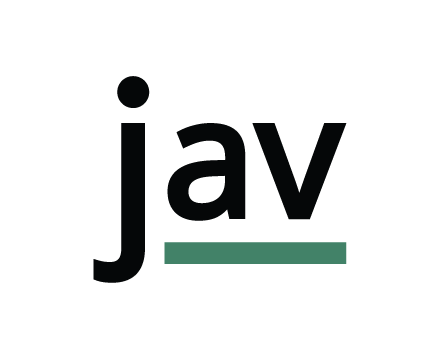I think it’s important for all designers to realize that we are all human-centered designers. After all, who are our designs intended for? Humans, right? IDEO’s "The Field Guide to Human-Centered Design" is a great asset for any designer’s toolbox. In the Field Guide, they outline seven key components of the mindset and process of a human-centered designer: Empathy, Optimism, Iteration, Creative Confidence, Making, Embracing Ambiguity, and Learning from Failure.
As we all have different strengths, some of these principles will come more naturally to us, while others may present a love-hate relationship. Personally, I appreciate and accept all aspects of the design process. However, if I’m honest, my love-hate relationship is with 'embracing ambiguity.' I love the idea of not having the pressure to know the answer to a problem right away, but the endless routes to finding the solution can make my anxiety flare up a bit.
Delving deeper into what it means to be a human-centered designer, empathy stands out. To some, it may seem like a buzzword, but I believe empathy is one of the greatest advantages in a designer’s toolbox. Emi Kolawole, Editor-in-Residence at Stanford University d.school, said, “In order to get to new solutions, you have to get to know different people, different scenarios, different places.” This is what happens when you truly empathize with someone: you sit down, talk to them, get to know their problems, and put yourself in their shoes. This connection motivates you to bring a creative solution to life. When you’re ready to test an idea, it gives you another chance to revisit their needs, understand their problems better, and learn what doesn’t work. Once empathy is achieved, it strengthens all other aspects of the human-centered design philosophy.
I once had someone tell me they didn’t see the need for representation from every group at the table. Now I understand why it’s essential. People who have lived through the problems you are tackling possess inside information and insights that can guide those with little-to-no experience towards the solution. To learn more about IDEO and their approach visit ideo.org/approach

